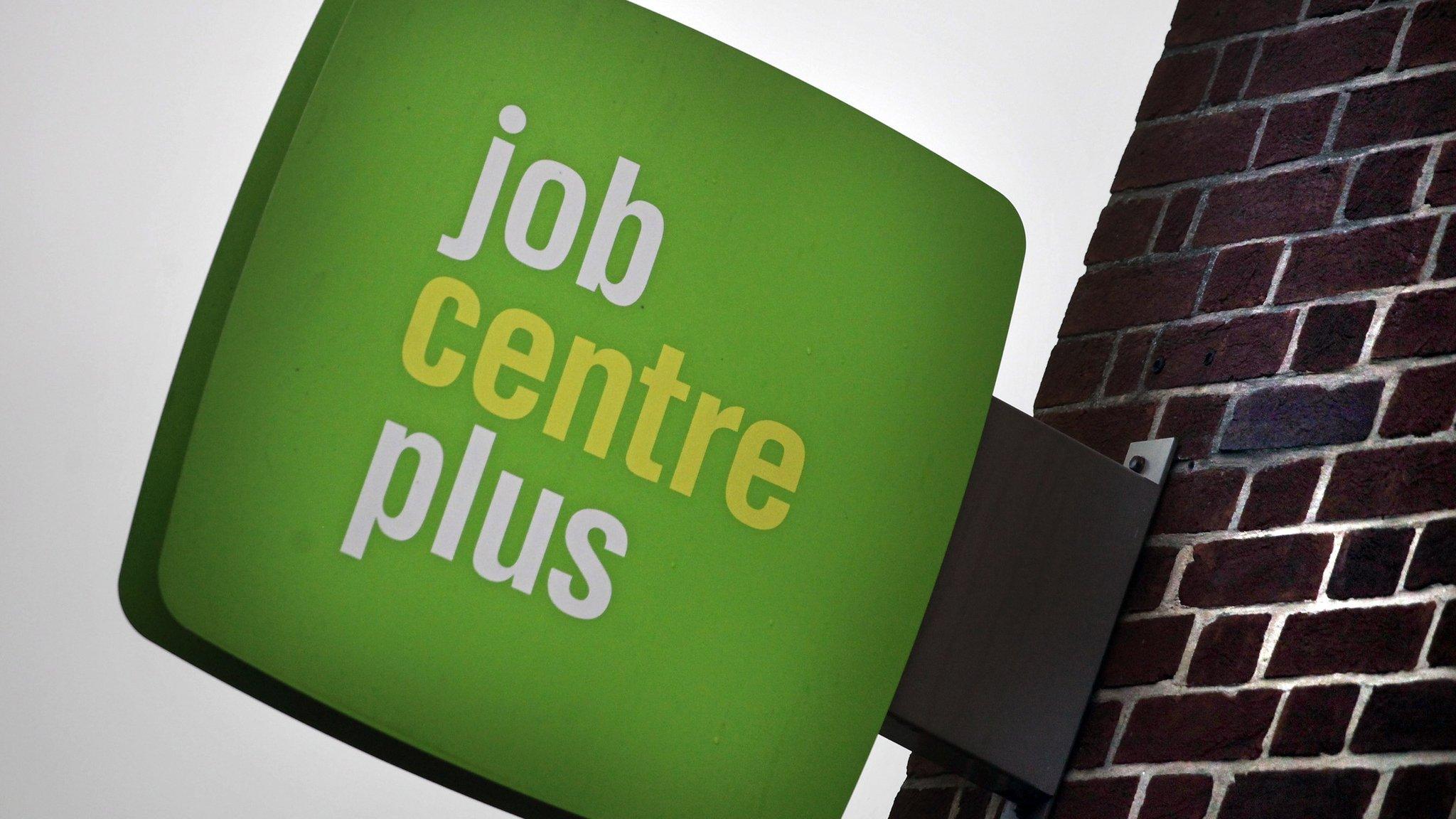Theresa May: Deport foreign criminals before appeal
- Published
Home Secretary Theresa May says a future Tory government would "scrap" the Human Rights Act
Theresa May has promised the government will "deport foreign criminals first, then hear their appeals".
The home secretary told the Conservative conference the current immigration system was "like a never-ending game of snakes and ladders".
She said the government would reduce the number of appeal rights for foreign crime criminals from 17 to four.
Mrs May also said the next Conservative manifesto would include a promise to scrap the Human Rights Act.
During her speech at the conference in Manchester, she said the government had succeeded in deporting extremist preacher Abu Qatada, despite this being blocked several times by the European Court of Human Rights.
'Free-for-all'
She also criticised UK judges for their interpretation of the law, saying: "Parliament wants the law on the people's side... Conservatives in government will put the law on the people's side once and for all."
Mrs May said the European court had "blocked the deportation" of Abu Qatada to Jordan on "entirely unprecedented grounds", adding that the next Conservative manifesto "will promise to scrap the European Human Rights Act".
She added: "The Conservative position is clear. If leaving the European convention is what it takes to alter our human rights laws, that's what we will do."
Mrs May said there were about 70,000 appeals against deportations every year and that lowering the number of grounds from 17 to four would reduce this "by about half".
One of the grounds of appeal allowed under the European Human Rights Act, of the "right to a family life", had become a "free-for-all".
'Slavery'
The home secretary said much of the law was now "on the side of the criminals rather than the public" and needed to be reformed.
She also said: "Where there is no risk of serious and irreversible harm, we should deport foreign criminal first and hear their appeals later."
Mrs May also pledged to bring in specific laws against people trafficking, which she described as a "modern-day slavery".
Victims were not always foreign nationals transported by gangs, she said, adding: "The bill will send the clearest possible message: if you're involved in this disgusting trade in human beings you will be arrested, you will be prosecuted, and you will be thrown behind bars."
The home secretary told the conference she would announce policy changes by the end of the year to ensure police do not stop people in the street on the basis of their skin colour.
She said: "When stop and search is misused, it wastes police time. And when it's used unfairly, it does enormous damage to public trust in the police."
- Published28 April 2014
